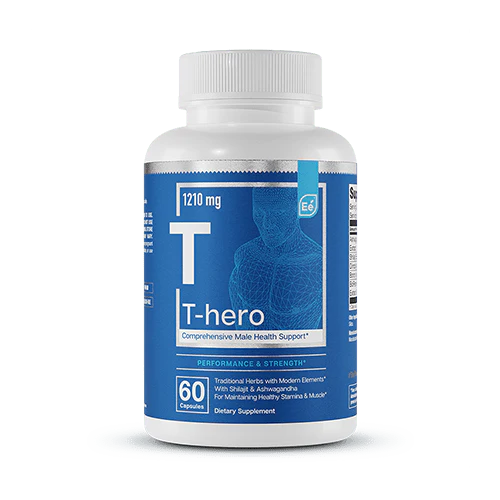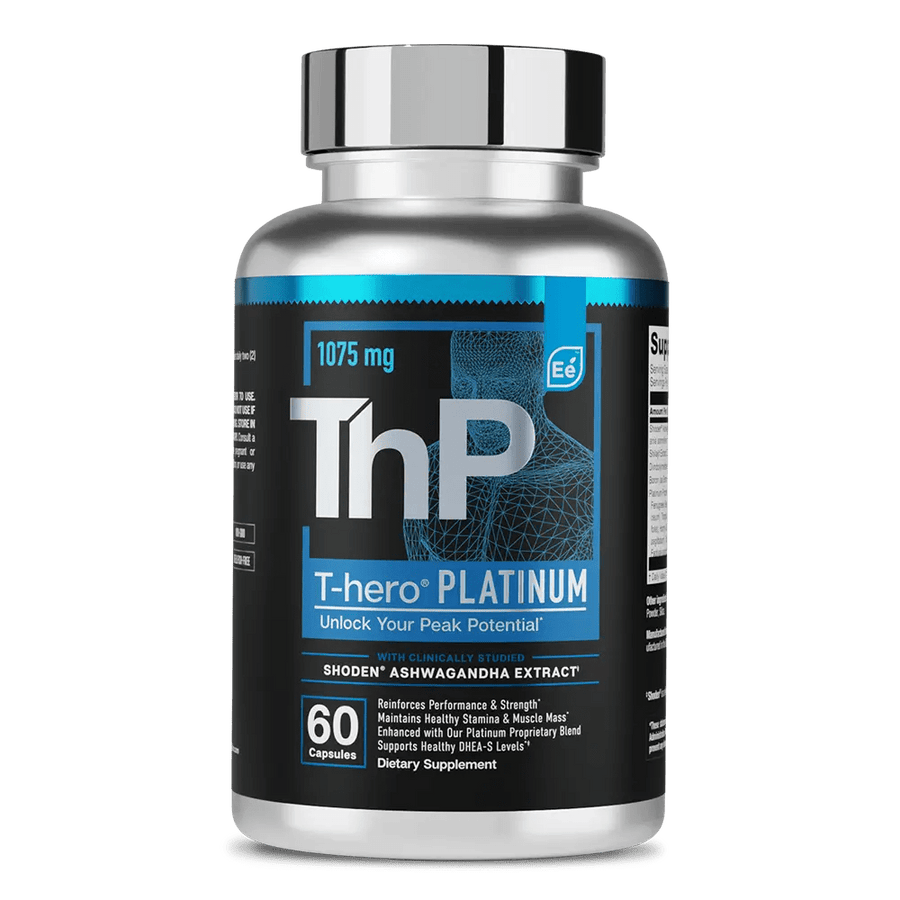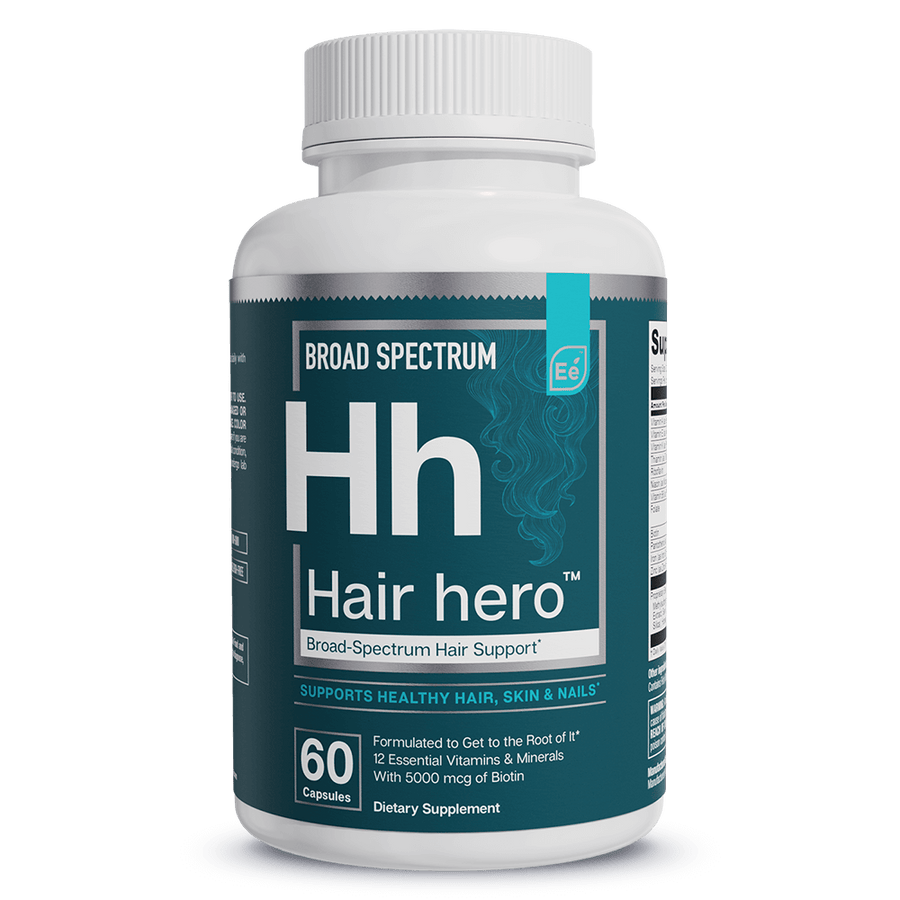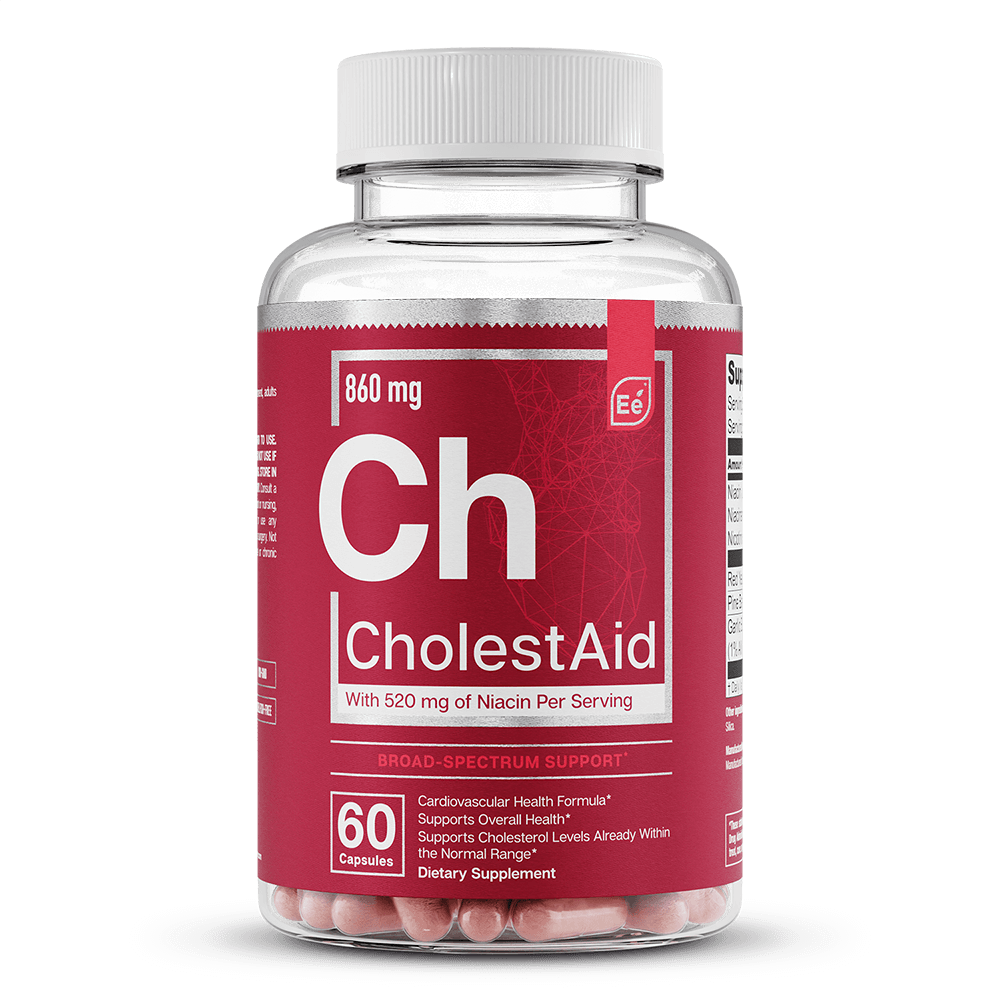What Are Electrolytes: A Complete Guide to Understanding Electrolytes
We know that we need electrolytes in our system to stay hydrated, but what are those mysterious molecules, and what exactly do they do? Why does it take more than just water to keep fluid in our cells and hydration throughout the body? There are so many questions, and we are here to shed some light on how these minerals assist the body in so many ways. They really are essential elements that your brain, muscles, and other organs simply can’t live without.
Luckily, you can Get Hy and replenish your electrolytes throughout the day to ensure your body has what it needs to keep it going no matter what the day has in store for you.
What Are Electrolytes?
Electrolytes are molecules with an electrical charge that help conduct electrical signals throughout the body. There are all kinds of checks and balances throughout our body that measure the amounts of electrolytes to keep them in the right ratio. They help fluids go in and out of cell walls and depend on each other to keep the right kind of pressure on each side of the cell barrier to allow those fluids to flow in and out.
Even if you aren’t interested in all the science behind what they do, it’s good to know which minerals act as important electrolytes so that you can make sure you are getting enough in your system to help you stay hydrated, especially if you live an active lifestyle or are often involved in athletic pursuits.
Sodium
Feeling salty? Sodium is one of the most important electrolytes, and although too much is, of course, not a good thing, your body needs it to function properly. It works with potassium to help keep fluids balanced within the cell. Sodium is used in small amounts to support healthy muscle contractions and nerve impulses and to maintain normal blood pressure levels. Sometimes, people eating certain kinds of diets and drinking too much water can experience reduced salt levels, leading to complications.

♦ Sodium is an alkali cation, which is a positively charged ion
♦ It’s an electrolyte found in extracellular and intracellular fluid
♦ Widely available in a variety of foods
♦ Dietary sodium is attached to chloride ions to form sodium chloride
♦ Recommended amounts of sodium for healthy individuals is less than 2,300 mg per day
♦ People with heart and kidney concerns should monitor their sodium levels closely
Potassium
This mineral helps counterbalance sodium levels to keep fluids balanced and is used by all tissues throughout the body. It’s really important in keeping blood pressure levels healthy, and the kidneys are vital to helping keep the sodium and potassium levels in the proper ranges.
♦ Potassium is a positively charged ion
♦ It’s an electrolyte found within the intracellular fluid
♦ Abundant in foods such as apricots, potatoes, beans, spinach, squash & bananas
♦ Recommended amounts of potassium for healthy individuals is 2,300-3,400 mg per day
Chloride
Chloride is usually found in table salt attached to sodium. It helps preserve the acid and alkaline within cells and plays a role in mucus production (the good kind). It’s used by the body to keep epithelial cells healthy, which act as a barrier of protection for certain organs. It also assists in nerve messaging from the brain to other parts of the body.
♦ Chloride is a negatively charged ion
♦ It’s an electrolyte found in the extracellular matrix
♦ Abundant in table salt, sea salt, tomatoes, celery, and lettuce
♦ Recommended amounts of chloride for healthy individuals is 1,800 mg-2,300 mg per day

Calcium
Said to be the most abundant mineral in the body, calcium provides much of our skeletal structure, but it’s also found in the blood and muscle tissues.
Calcium is vital to muscle contraction and relaxation. This is because our muscles rely on a “calcium pump” mechanism to move calcium ions that bind to something called “myosin motors,” which are responsible for contracting the muscle tissue in response to nerve signals.
When the muscle receives signals to relax, the calcium is pumped back into a specialized area of the muscle tissue. If there is insufficient calcium in the fluid, it can’t relax properly, and you end up with those common muscle cramps or spasms.
♦ Calcium is a positively charged ion
♦ It’s an electrolyte found in extracellular fluid
♦ Abundant in dark leafy greens, milk, and other dairy products, blackberries, raspberries, strawberries, kale, broccoli, and cabbage
♦ Recommended amounts of calcium for healthy individuals is 1,000 mg- 1,300 mg per day, depending on specific needs such as age or pregnancy
Phosphate
Phosphate has a corresponding relationship with calcium, similar to how sodium and potassium are interconnected in their ratios and functions. Low calcium may result in high phosphate and vice versa. Phosphate also has special functions within the cell, such as assisting in enzymatic actions and other processes that result in energy production. It’s also found in the structure of the cell membrane, where it bonds with lipids to form the barrier around the cell.
♦ Phosphate is a negatively charged ion
♦ It’s an electrolyte mostly found in intracellular fluid
♦ Phosphate is slightly related to phosphorus but chemically different. A high percentage of dietary phosphorus is found in the form of phosphate, and there are different forms, some of which are food additives often used as a preservative
♦ Abundant in red meat, poultry meat, pumpkin seeds, sunflower seeds, quinoa, and beans
♦ Recommended amounts of phosphate/phosphorus for healthy individuals is 700 mg per day
♦ People with kidney concerns may need to monitor their phosphate intake closely

Why Do We Need Electrolytes?
We literally can’t live without them! So much of our everyday biological processes rely on these fundamental minerals vital to the health of the cells in every organ system. If the cells aren’t happy and healthy, it will begin a cascade of problems that can stem from inadequate levels of electrolytes. Electrolyte levels are monitored closely throughout the body, and there are all kinds of mechanisms to keep them within precise ranges because even small alterations in their levels have big consequences.
The Nervous System
Even the brain and nervous system need electrolytes for their signals to conduct from one part of the body to another. Specialized neurons are designed to measure the salt and the related osmolality (concentration of dissolved particles) in your blood called osmoreceptors. Shifts in the osmolality of extracellular fluid, specifically sodium, can create changes in the brain, and too much or too little can have adverse effects. A lack of electrolytes affects your senses, alertness, and coordination are common symptoms of everyday dehydration.
Muscle Function
As said before, muscle contractions rely on calcium, but sodium, potassium, and magnesium levels also need to be balanced for skeletal and smooth muscles to function properly. Electrical impulses are used within muscle tissue to make this happen, and common exercise-induced muscle cramps are often due to electrolyte levels being off.
pH Levels
Some electrolytes are used to buffer the acidity of fluids and tissues in the body. These buffer systems are in place to maintain pH. Phosphate has an important role in pH maintenance, as well as chloride. Both are alkaline and necessary for the body to maintain the proper acid/alkaline equilibrium, and they help to level out the acidity of fluids being excreted from the body.
Proper Hydration
We probably all know that you need electrolytes to maintain proper hydration. Water in the cells and body constantly needs to be replaced, but the cells actually need all those electrolytes in the solution to be able to stay healthy. Water is great, and you shouldn’t skimp on it, but just make sure you are replenishing electrolytes consistently through your diet or have additional sources that you consume on a regular basis. Everyone is different in their needs for water and electrolytes, and finding the right ratio will depend on your activity level, age, how much you sweat, the weather, and all kinds of other considerations.

What Happens When Your Electrolytes Are Low?
The symptoms of low electrolytes start mild and are quite common. Everyday foggy thinking, dry skin, craving sweets, as well as commonplace irritability and tiredness are all signs of mild dehydration. It’s a good idea to get to know the signs and symptoms of different dehydration levels to ensure you stay properly hydrated. A lot of people don’t even realize that they are experiencing daily dehydration because the mild symptoms get overlooked.
How Do We Lose Electrolytes?
We lose electrolytes when we sweat, breathe, and do pretty much anything. Just sitting around causes you to lose electrolytes, but of course, the more active you are, the more you will need to replenish electrolyte levels. Eating salty foods or drinking too much alcohol, coffee, or tea can also cause you to lose certain electrolytes at a quicker rate. Learning to be proactive and ensure you replenish electrolytes before, during, and after a long night or workout can help you maintain the necessary levels and keep you feeling your best.
Sources of Electrolytes
Electrolytes come from a variety of foods, and it’s a good strategy to eat an abundance of fruits and veggies that will supply naturally-occurring electrolytes. Try watermelon, cucumbers, celery, strawberries, leafy greens, oranges, bananas, and tomatoes. It’s always good to get a variety so that you get a range of electrolytes and nutrients into your system.
Fresh-pressed juices can also be a great way to supply electrolytes but beware of getting too much fruit juice in the mix, which can add a lot of sugar. Speaking of sugar, many people depend on sports drinks to replenish electrolytes, but they are often jam-packed with unnecessary sugar. Sugar, interestingly enough, can have pronounced everyday dehydrating effects on the body. Luckily, we got you covered, and with Ee’s Hydration, you can replace much-needed electrolytes with no sugar at all! Reach for Hydration to saturate your thirsty cells and ditch the imposters.
The Essential Element
Whoa, that was a lot of information. You don’t have to remember all of the details to get the benefits of keeping electrolytes in your system at all times. Just remember this—pretty much everything that happens in our body is somewhat reliant on electrolytes, and you need them in your body all day, every day. They constantly need to be replenished, and although drinking water is really important, it can’t fulfill all of your electrolyte needs. Hydration by Essential elements® will make it easy and delicious to replace those long-lost electrolytes. Especially if you have an active lifestyle, Getting Hy may be one of the most important parts of your day. We love Getting Hy, and we know you will love it too!





